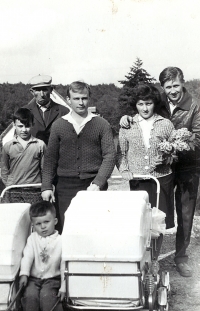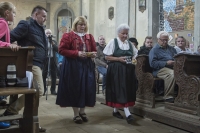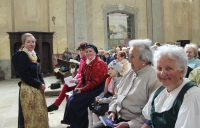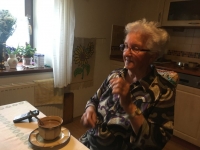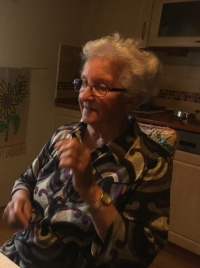They put it all together. Germans are Germans…
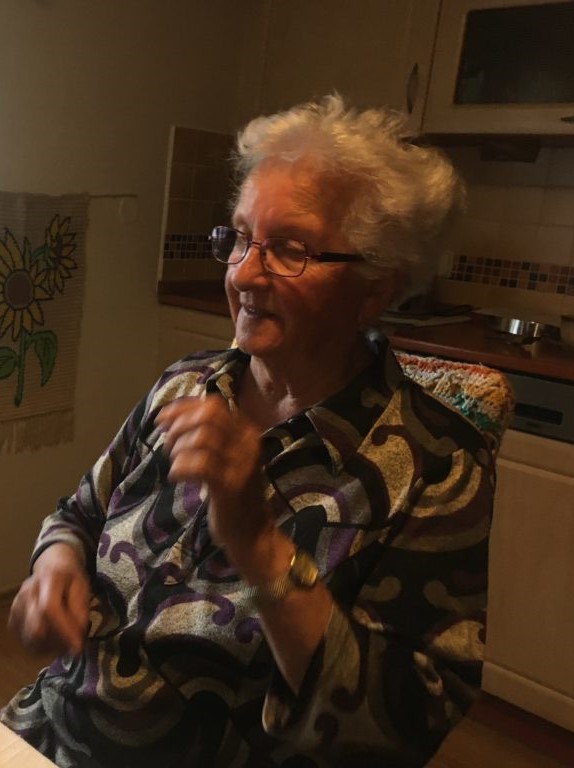
Download image
Elfriede Šulková was born on February 7, 1940 in Plachtín near Nečtin, northwest of Pilsen. He comes from a German-speaking family. Her father was taken to the German navy and died in 1945 due to a ship sinking. The family was not deported because the witness’s grandfather was a Social Democrat before the war, but they had to leave their house. The witness studied at a medical high school, from which she was expelled after two years, and national prejudices probably also played a role in her departure. She moved to Pilsen and joined Škoda’s plants in Pilsen, where she worked in an office. After maternity leave, she was in charge of taking people and equipment up and down by freight elevator in a carpentry shop. Her mother decided to move to Germany in 1966, after the August occupation of 1968, her brother also left for Germany. The witness’s husband joined the Communist Party, but after a while he was expelled and the children could not study any further. The witness’s son Richard renewed the association of Germans living in Bohemia, with which he organizes cultural events. In 2021, Elfriede Šulková lived in her birth house in Plachtín, which she had to buy back.
